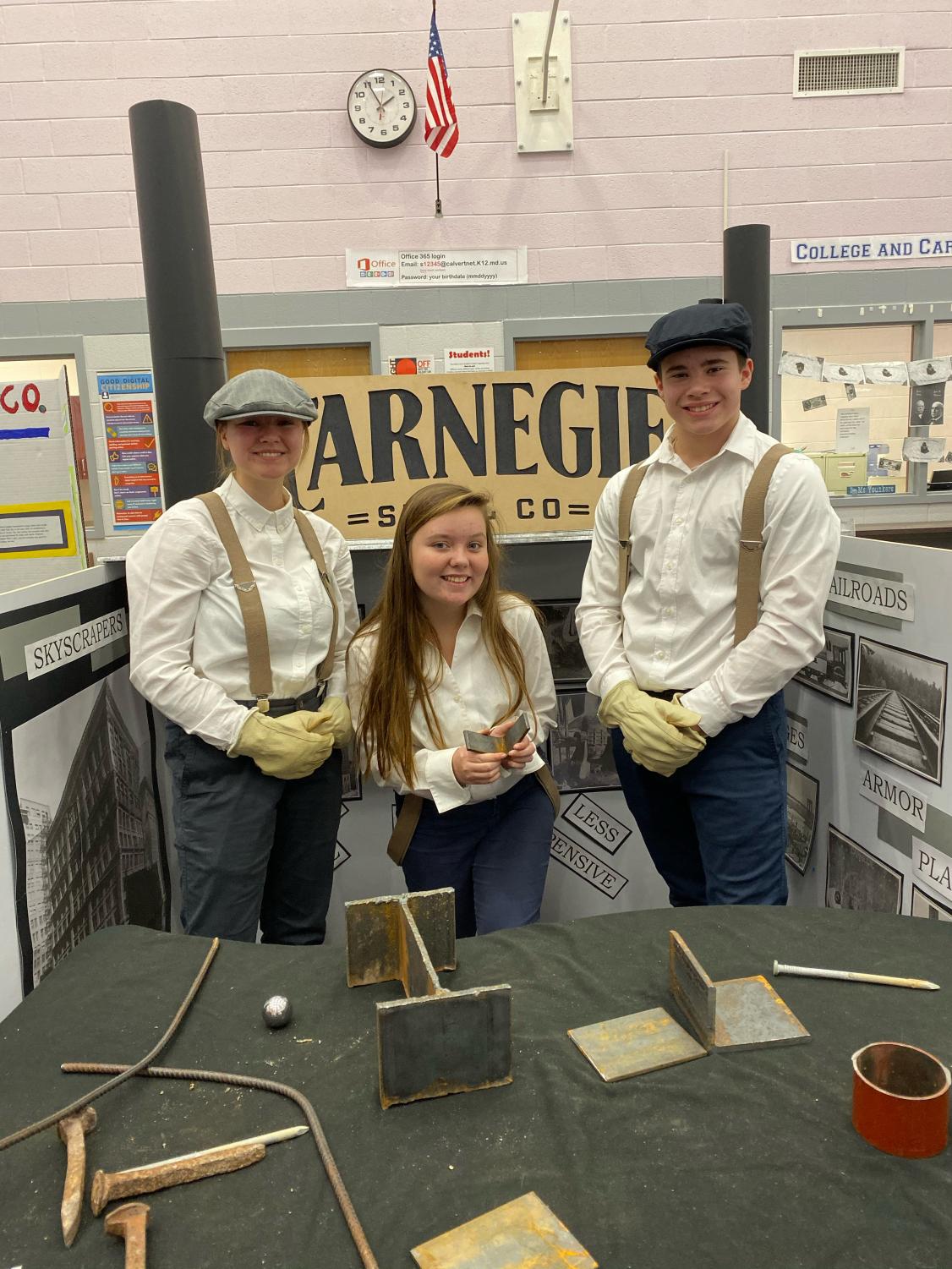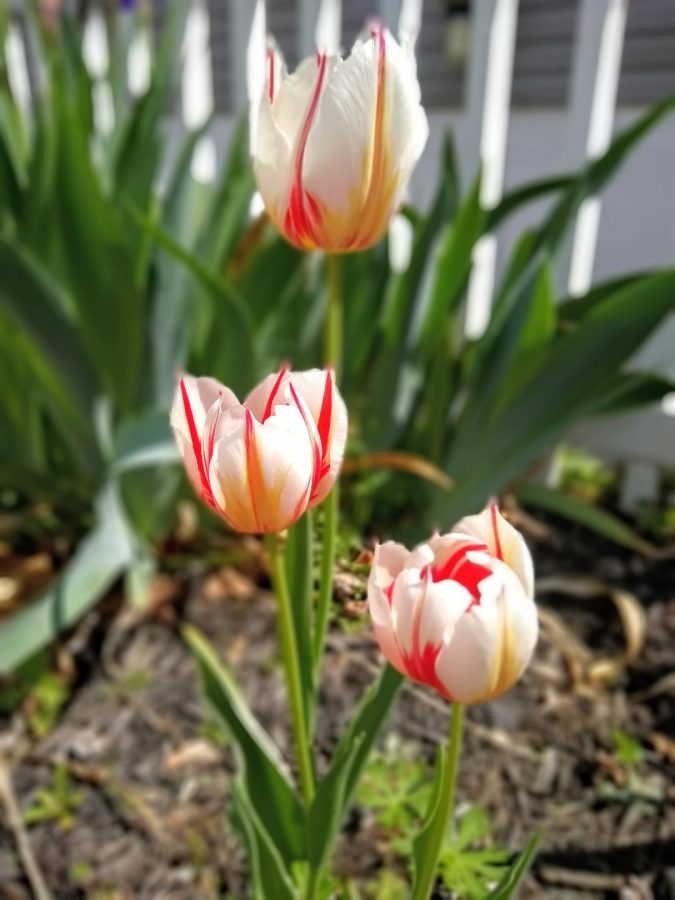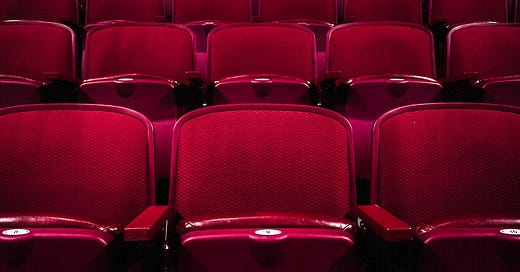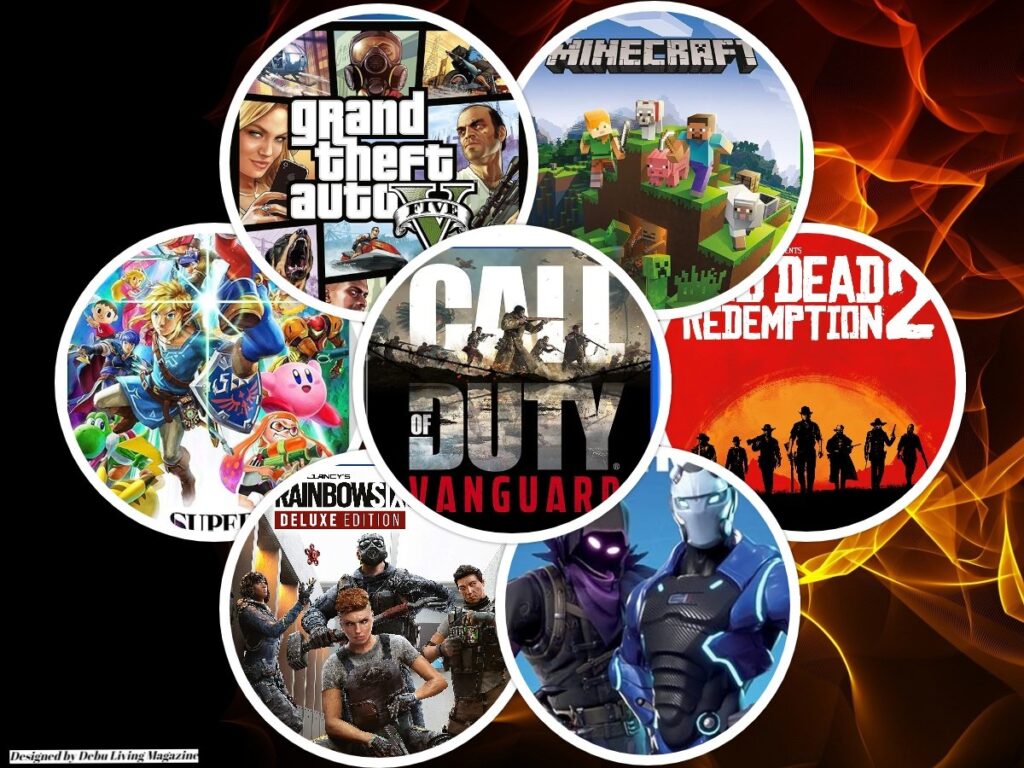Disclaimer: The views expressed in this article are those currently held by the author and do not necessarily reflect those of Huntingtown High School.
I’m good at school. I can do school. I can do standardized testing. Though it’s not something I’ve prioritized, I’m second in my class of 330. I’ve figured out how to study and do the time to meet the checkboxes. From most perspectives, I’m set. However, I will not be graduating as the salutatorian next June. I will not be graduating from Huntingtown High School at all. I intend to homeschool this fall, a decision that appears counterintuitive to many.
In June 1830, Sir Walter Scott wrote, “All men who have turned out worth anything have had the chief hand in their own education.” Just as taking piano lessons doesn’t make one a great pianist, going to school doesn’t make one educated. It’s the practice and personal motivation that make one a great pianist, though a good teacher certainly helps. Taking the chief hand in my education, sitting in the driver’s seat, means that I make decisions to become educated – not just to “do school.” For me, right now, that means studying independently. Here I present my 95 Theses, the reasons for this unorthodoxy.
My family spent the spring break of my sophomore year at a lake in South Carolina. In the midst of AP exam preparations, the leisure was pleasurable. I enjoyed Elizabeth Yates’ “Prudence Crandall.” I discussed history and politics with my parents and good friends. Being able to sleep and kayak improved my physical health. I felt I was growing a lot – all without the strict schedule and fast pace of a high school classroom. This experience wasn’t the first in which I questioned the public school system, but it was a turning point. No longer did I feel bound to the road dictated by the majority.
That week in South Carolina, I also realized it was ridiculous to read books or watch movies I felt were immoral or crass because a teacher “required” it for a class. Pondering Thoreau and civil disobedience, I was prepared to have an inconvenient conversation or walk out of a class. At the same time, I was also prepared to petition and even accept the consequences of those choices. I maintained integrity by viewing strictly decent media in my personal life. Though I wasn’t sure of the legal precedent, I figured that agents of the state couldn’t force the violation of my religious convictions and that it would sound absolutely ridiculous for an administrator to punish me for refusing to watch an indecent film. I believed I would have the stronger case. This year, I have been grateful to those teachers who permitted my alterations. That week in South Carolina, I realized no one could “make me” do anything. I became comfortable questioning the status quo.
I remember a day when a teacher showed a video produced by a reputable organization depicting an event we were studying. Unlike in videos I’d seen previously, the adjectives and music the creators chose began jumping out to me, revealing a blatant agenda. The creators’ overtness was impressive – almost funny. They catered the presentation to make the audience feel a specific way about the event, consistent with a specific agenda. Since that day, this experience has repeated frequently. As class materials are created by humans, bias will exist. I feel dissonance with the biases I see presented in the classroom.
Frequently, it has seemed as if I was being bombarded by lewd and foul comments and mentions of drug use and promiscuity. It seemed everywhere I turned someone was dressed indecently or participating in sensual behavior. It weighed me down. Huntingtown is a good high school – better, perhaps, than many – but still shows evidence of moral degradation. I’d rather not be surrounded by it.
I don’t currently plan to work or obtain a college degree in a STEM field. Because of state requirements, attending Huntingtown this fall would mean taking another math class even though I’ve already passed Calc BC. I also don’t want to take Health II, with its emphases on gender identity and sexuality. I doubt these classes would be a positive experience or a productive use of time, only checkboxes to a high school diploma.
I choose to participate in activities that can keep the candle burning morning and night. Life at Huntingtown doesn’t easily accommodate sleeping in or taking naps when necessary, and that makes living difficult sometimes. Studying independently would allow me the flexibility to prioritize my health. Choosing flexibility doesn’t mean being lazy or shirking from responsibilities; it simply means making the modifications necessary for my survival.
Sometimes school can keep me going for seventeen hours and be left unsatisfied. I don’t like that imbalance. I would like to have more time to spend outside, not just moving from thing to thing on a prescribed list of menial tasks. I’d like to see my family in the time I have left with them. Studying independently would allow me greater balance in my life – the balance I crave.
It seems illogical to spend 180 days in school just because the school has to run for 180 days to secure state funding. What could be gained in other pursuits during those days when students only show up to check boxes? Why do we do busy work or complete standardized test after standardized test, just to create statistics to satisfy the bureaucracy? Why do we sit through movies, completing worksheets, just to fill time? What else could be accomplished?
The checkboxes of “school” form a game. A thirteen-year race with hoops and gilded prizes. But I was never here to play the game. I was here to be educated.
Pursuing that goal, this fall, means studying independently.
I understand the confusion and even offense these statements evoke. There are many paths to becoming educated, to developing the mind and aptitudes. Many view the public school system as the correct path, the one most likely to create success. They may not be wrong in some cases. But for me, right now, Huntingtown isn’t the best road.
This fall, I look forward to spending time with great books and playing great music. I will take online, accredited classes from the university I intend to attend after my senior year and receive a diploma from an organization recognized by that university. But, most of all, I anticipate the freedom to have the chief hand in my own education and to pursue those interests I wish to explore without the checkboxes of the public school system.









